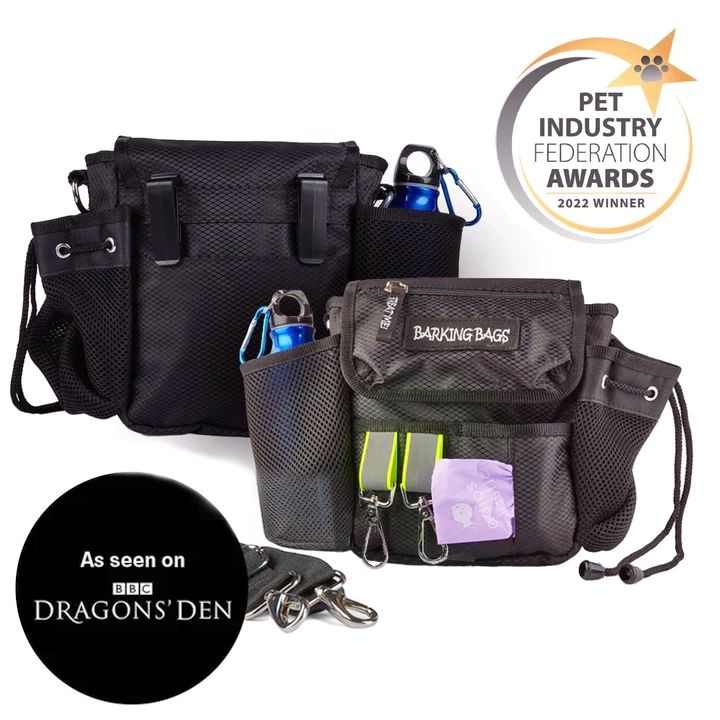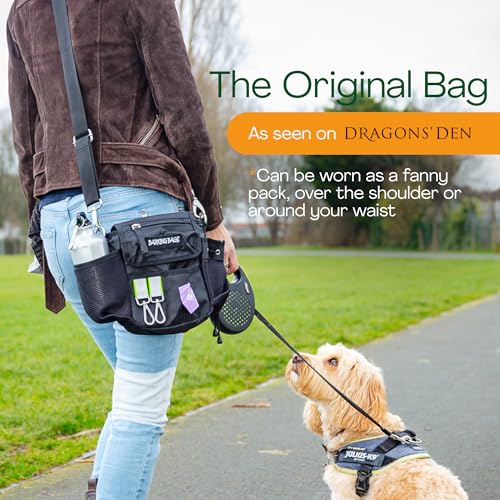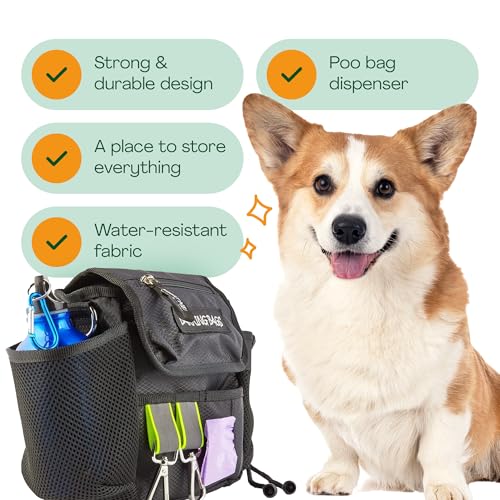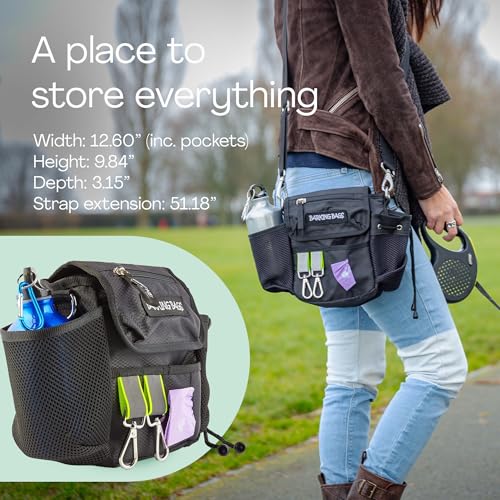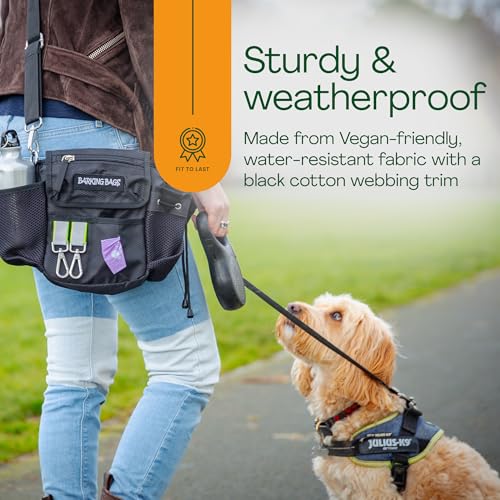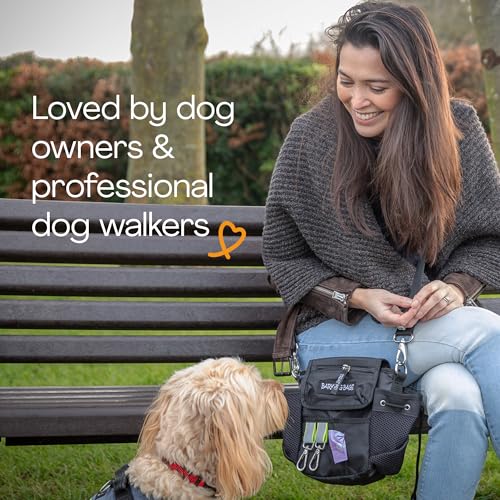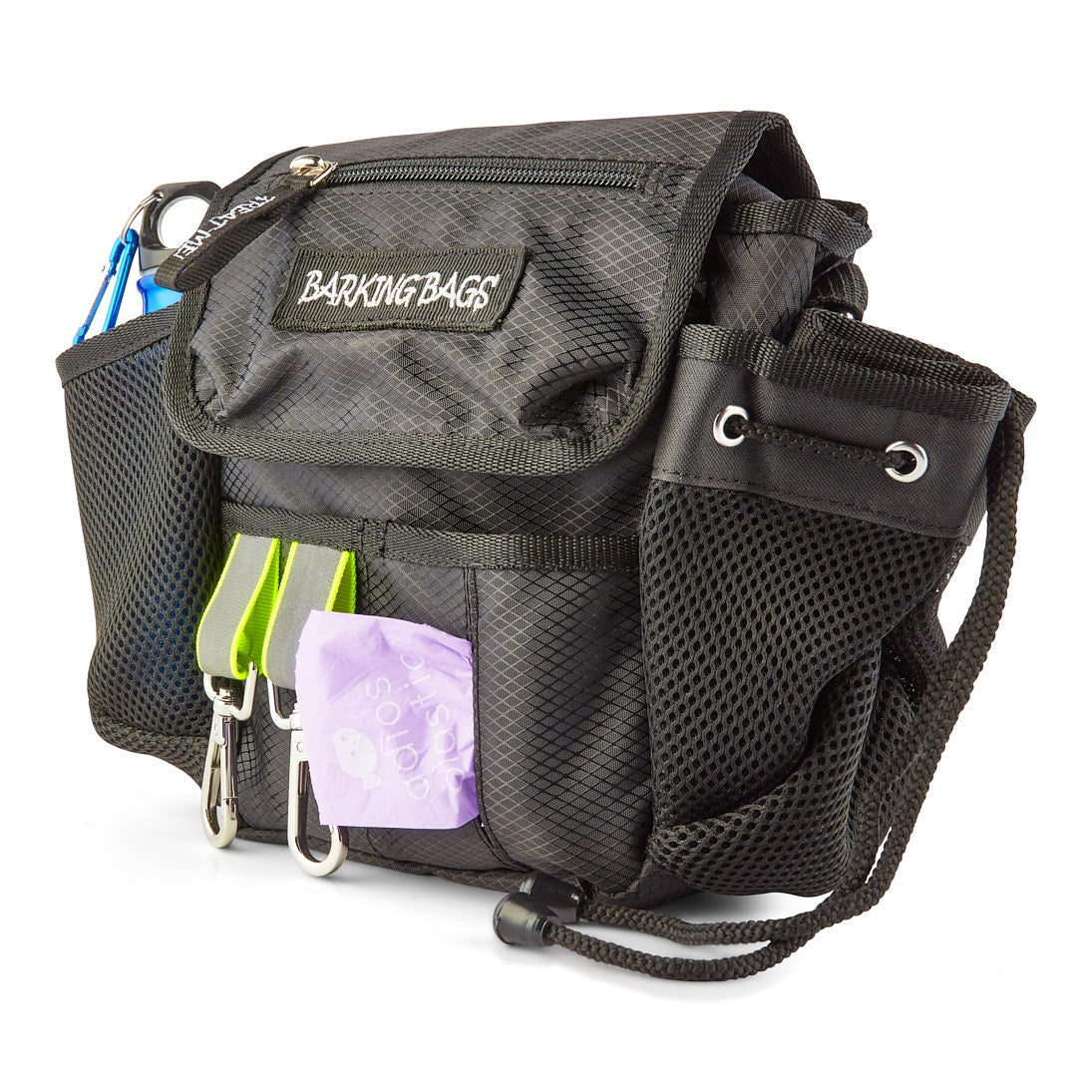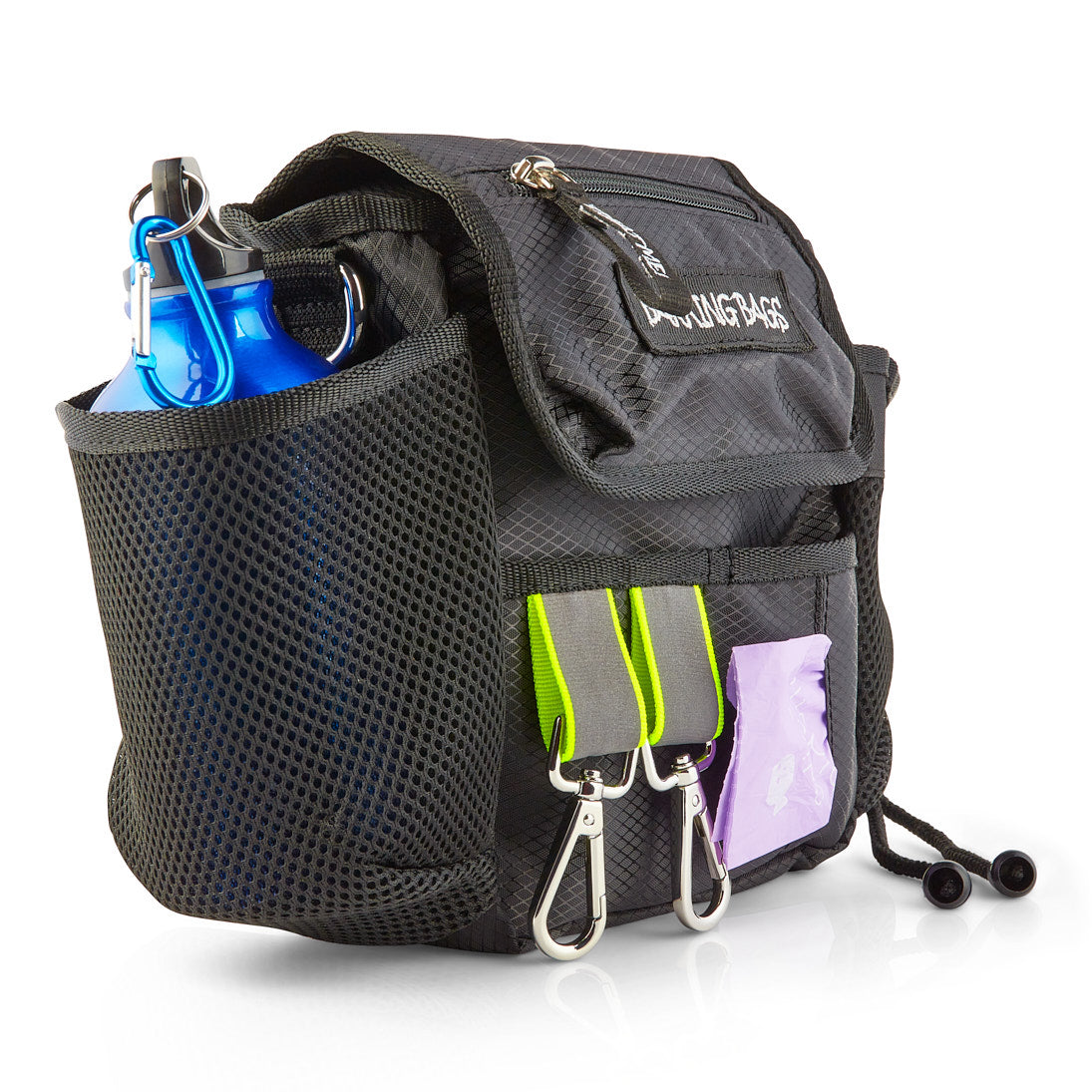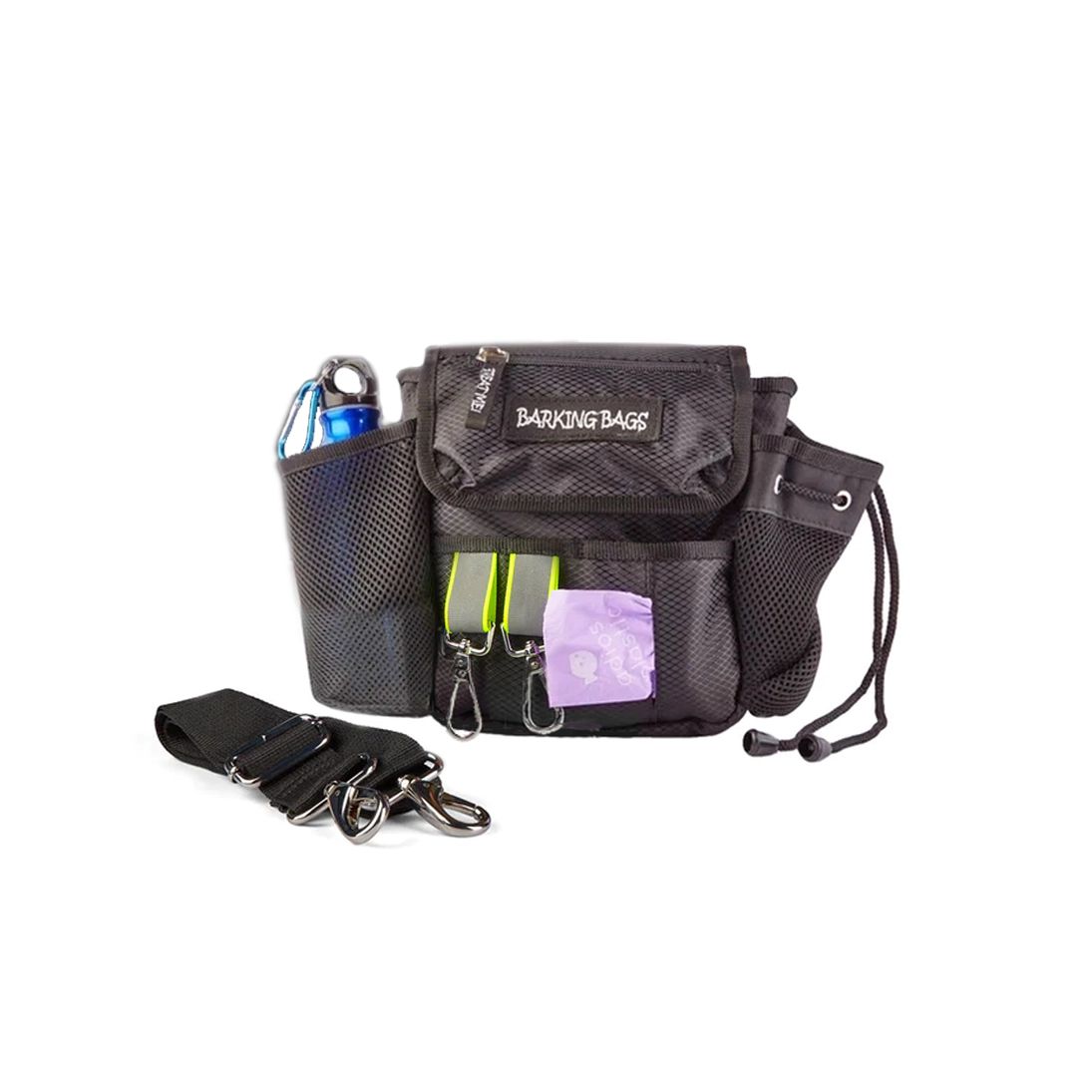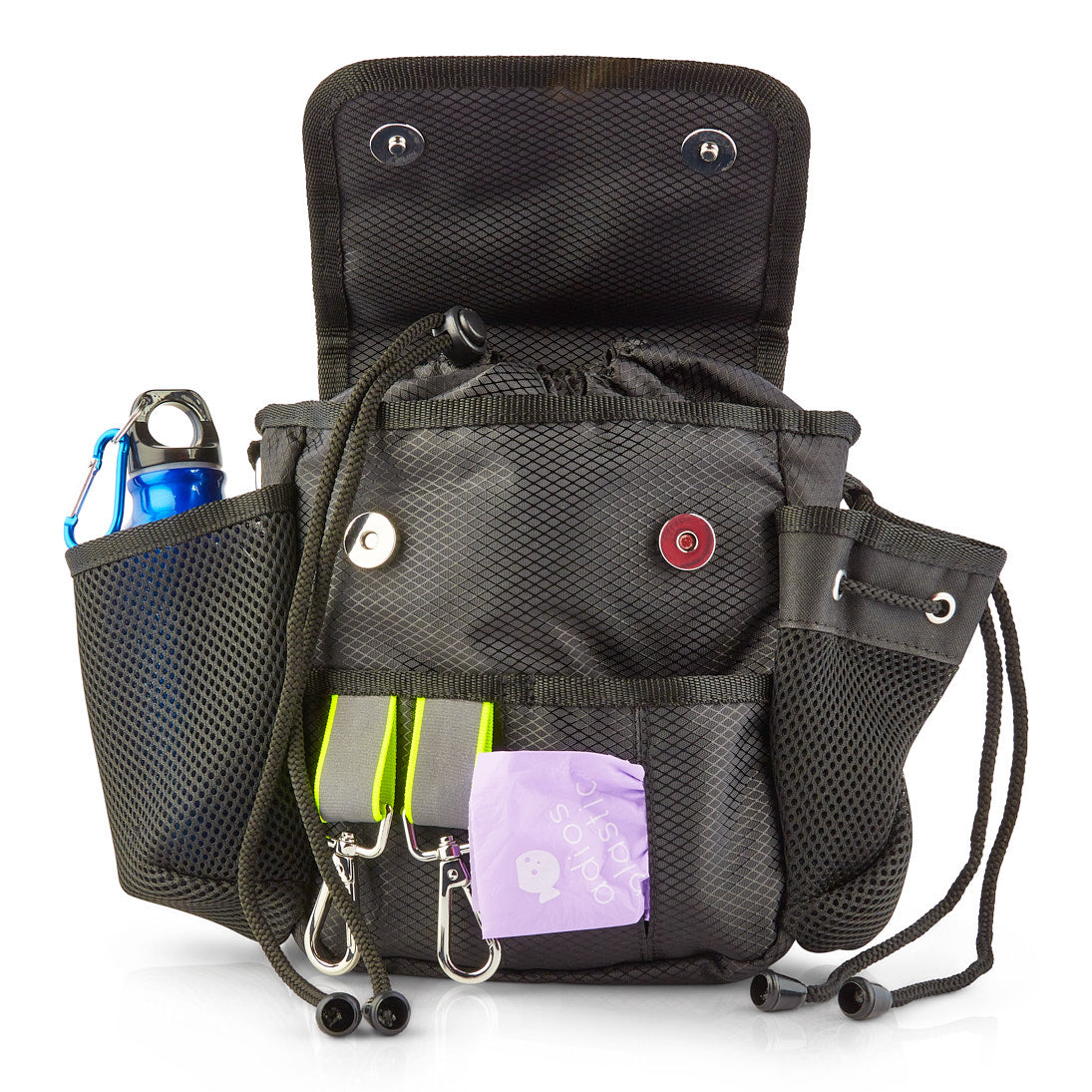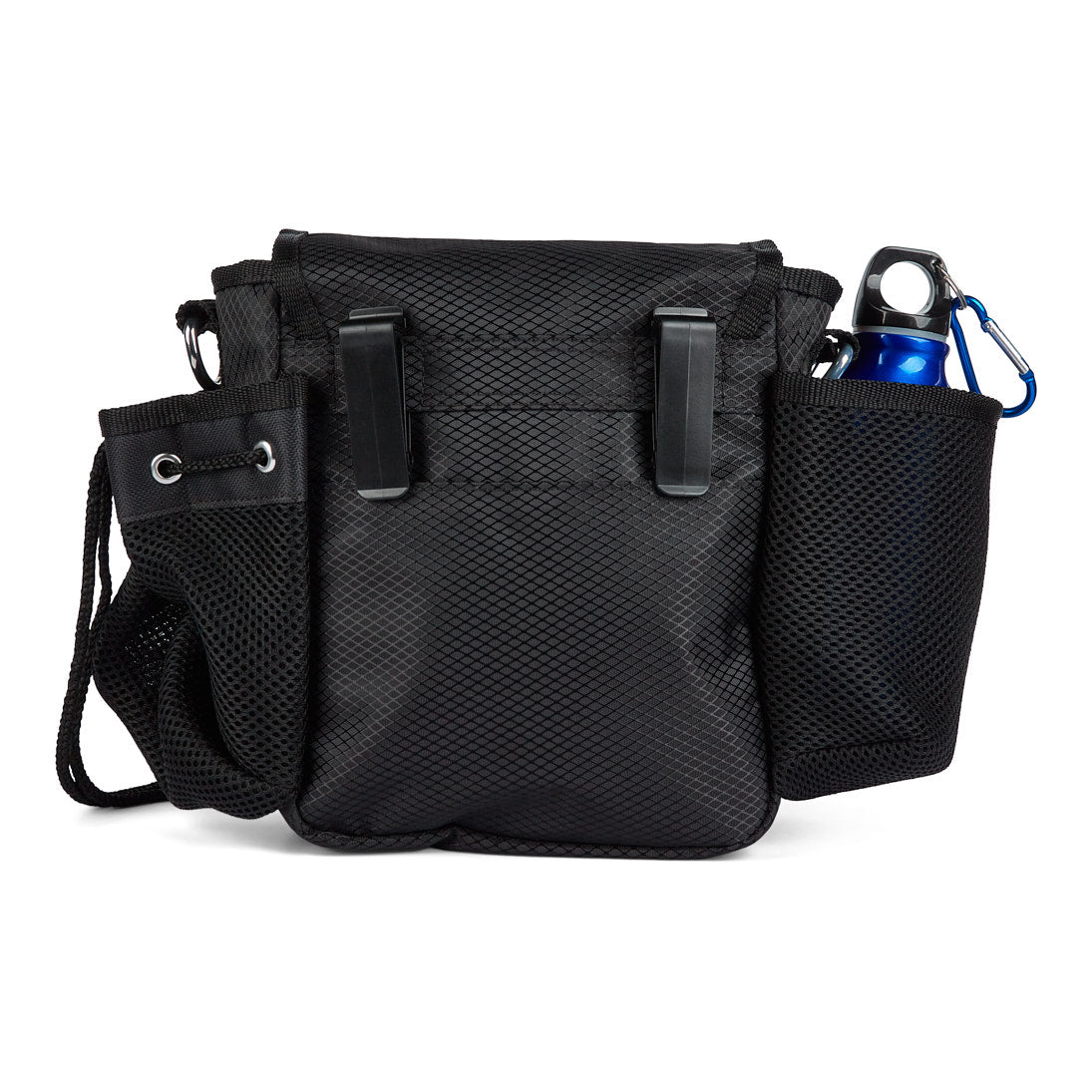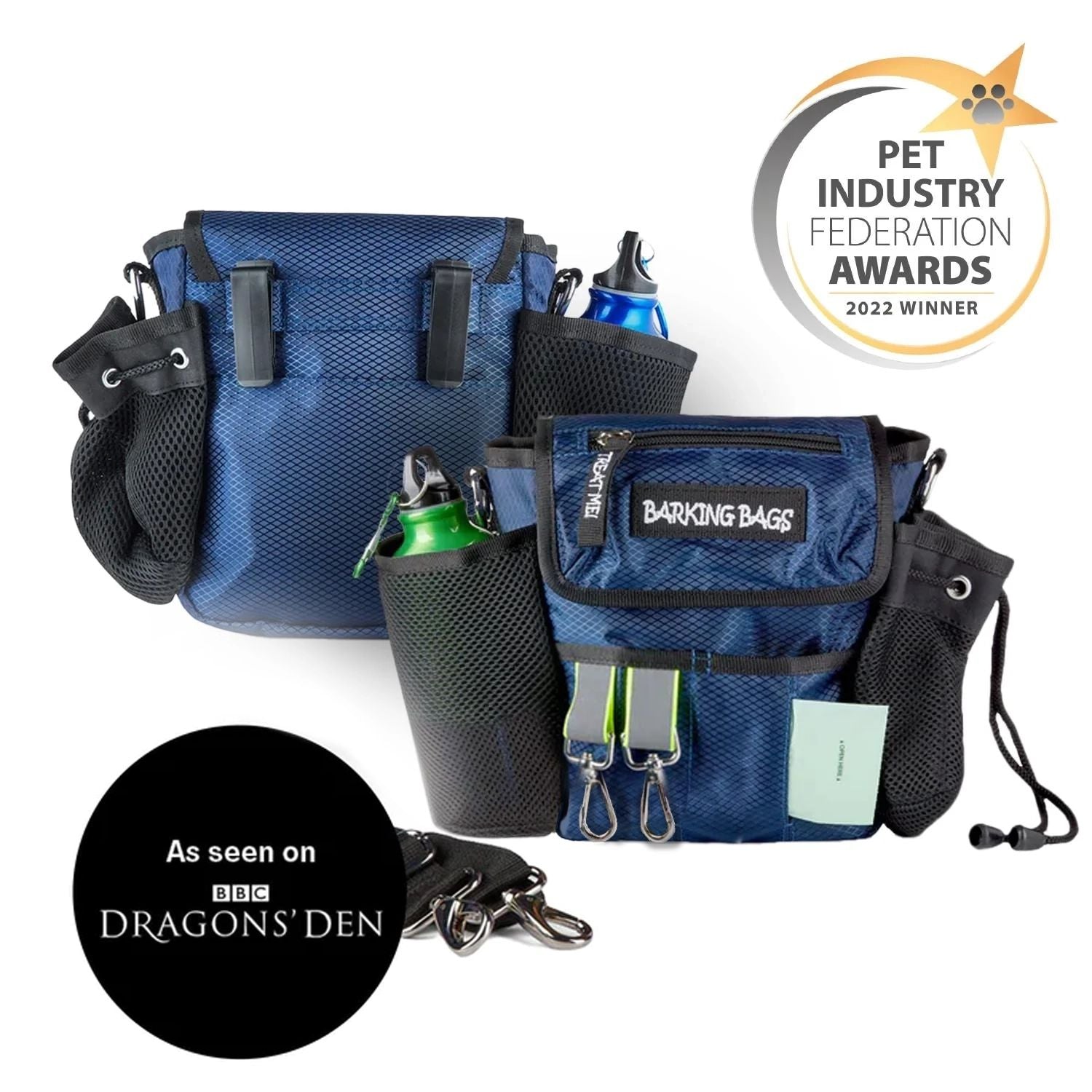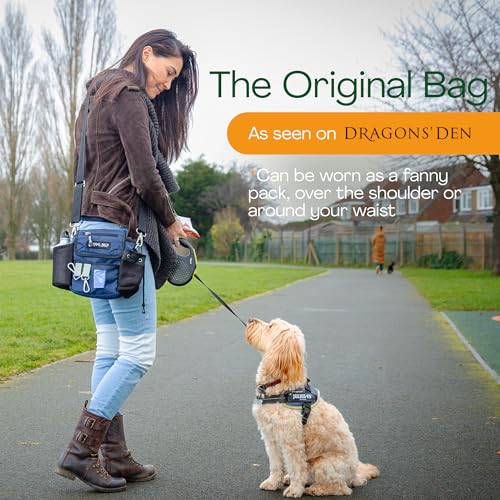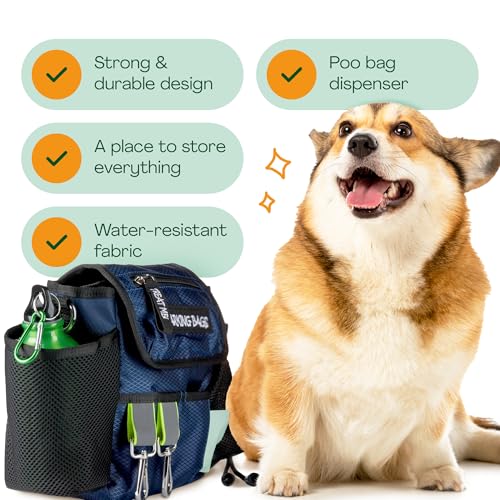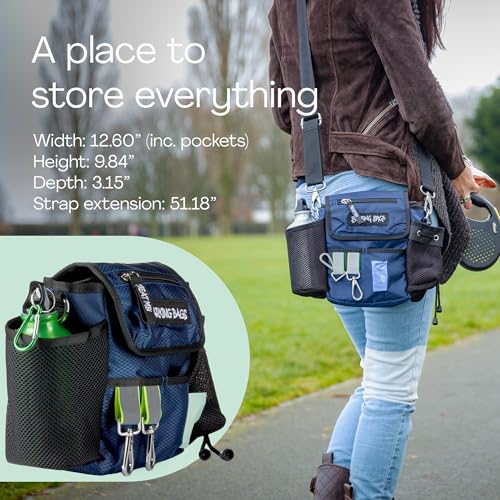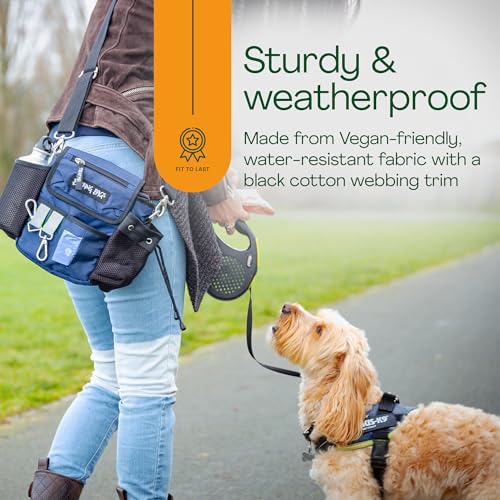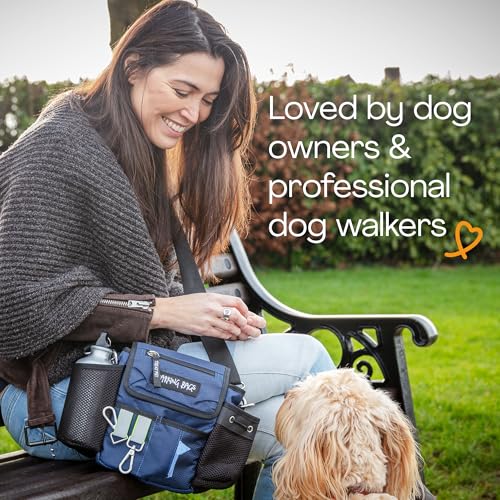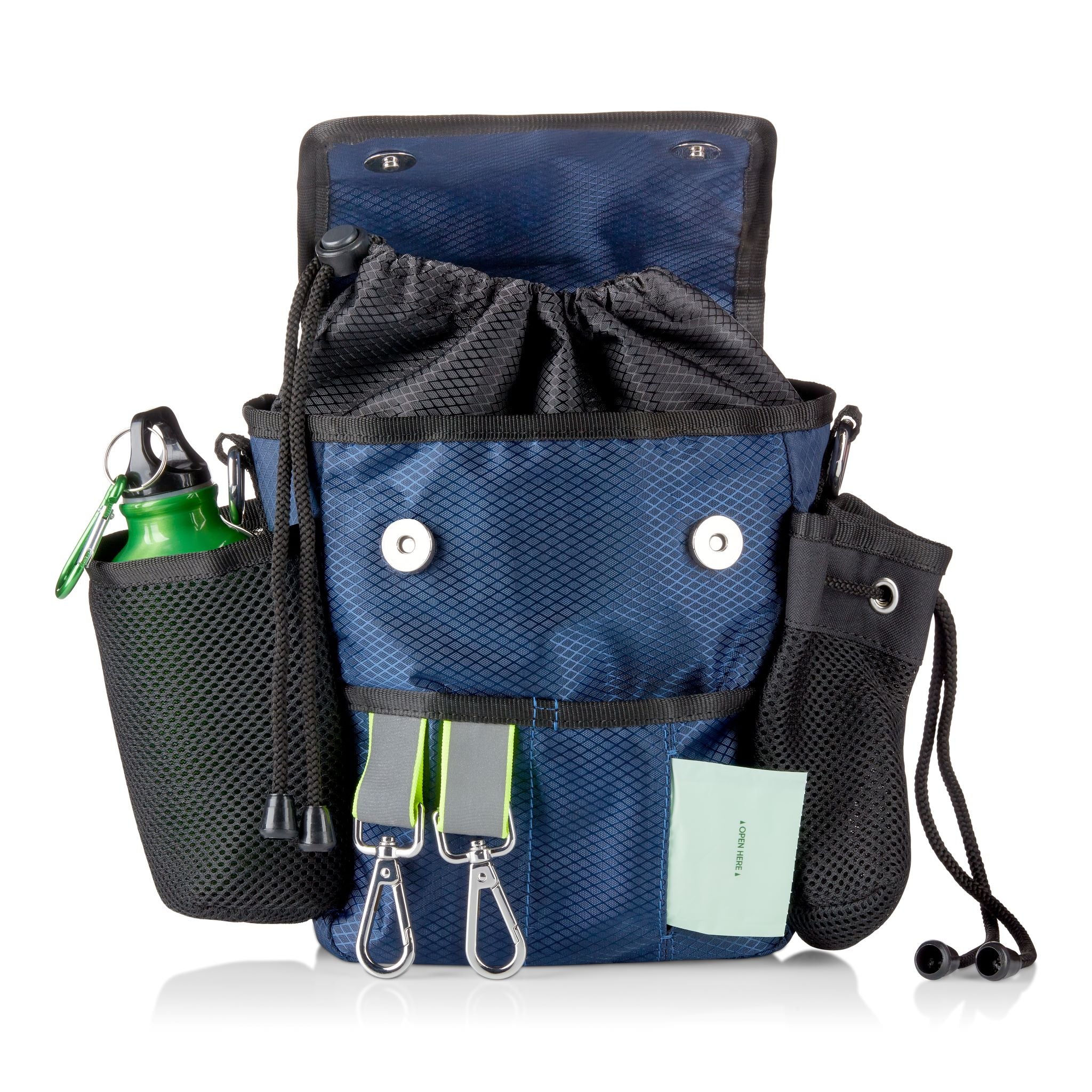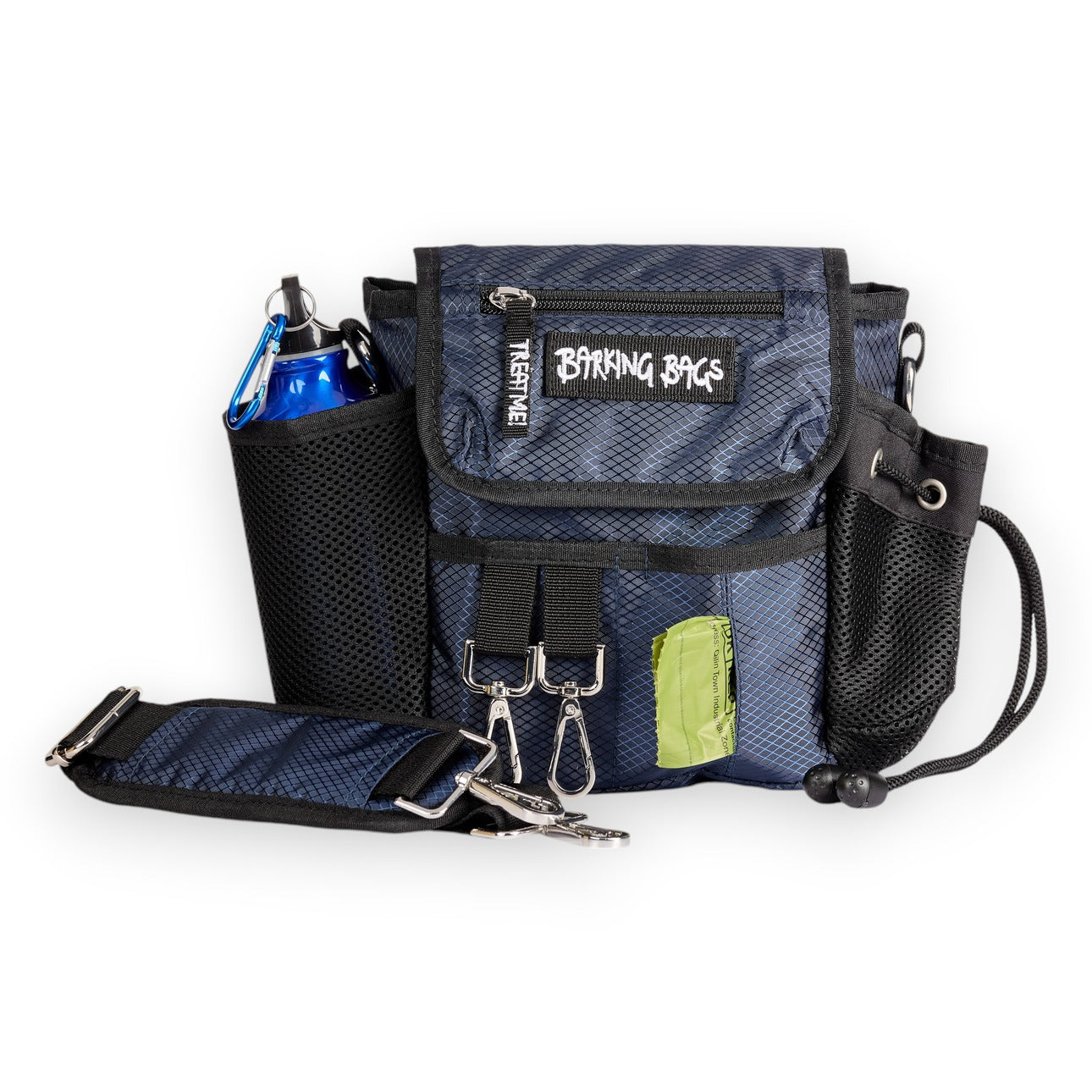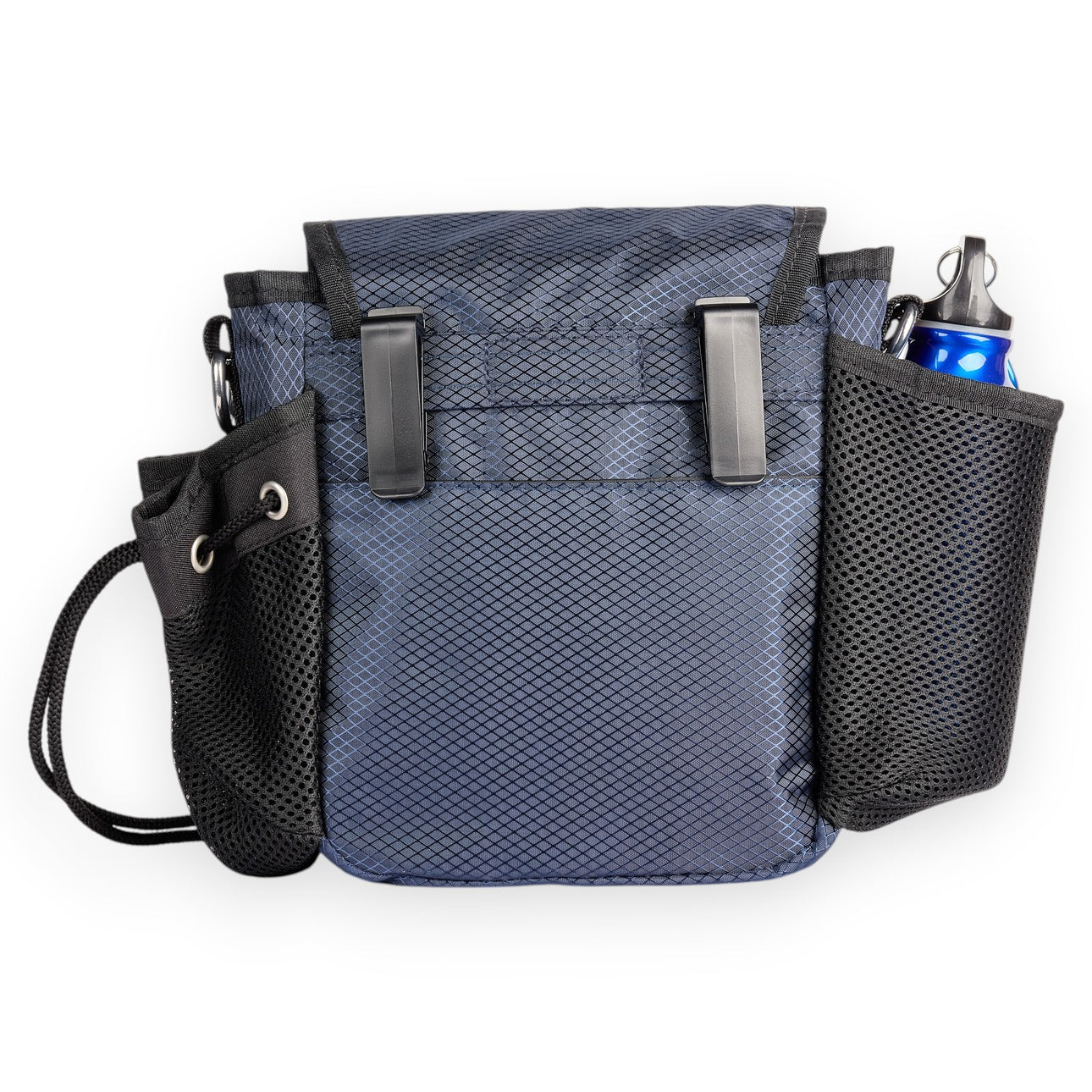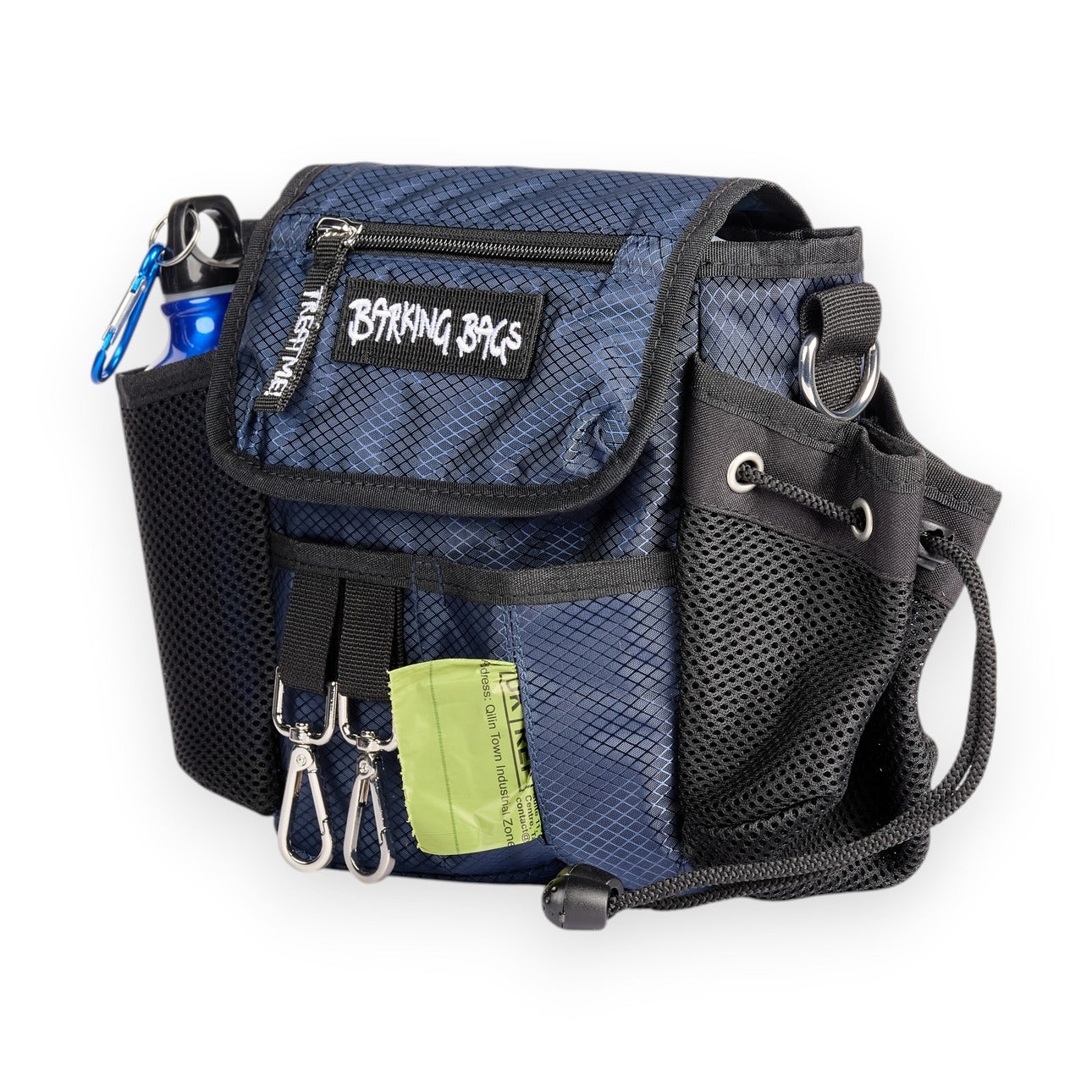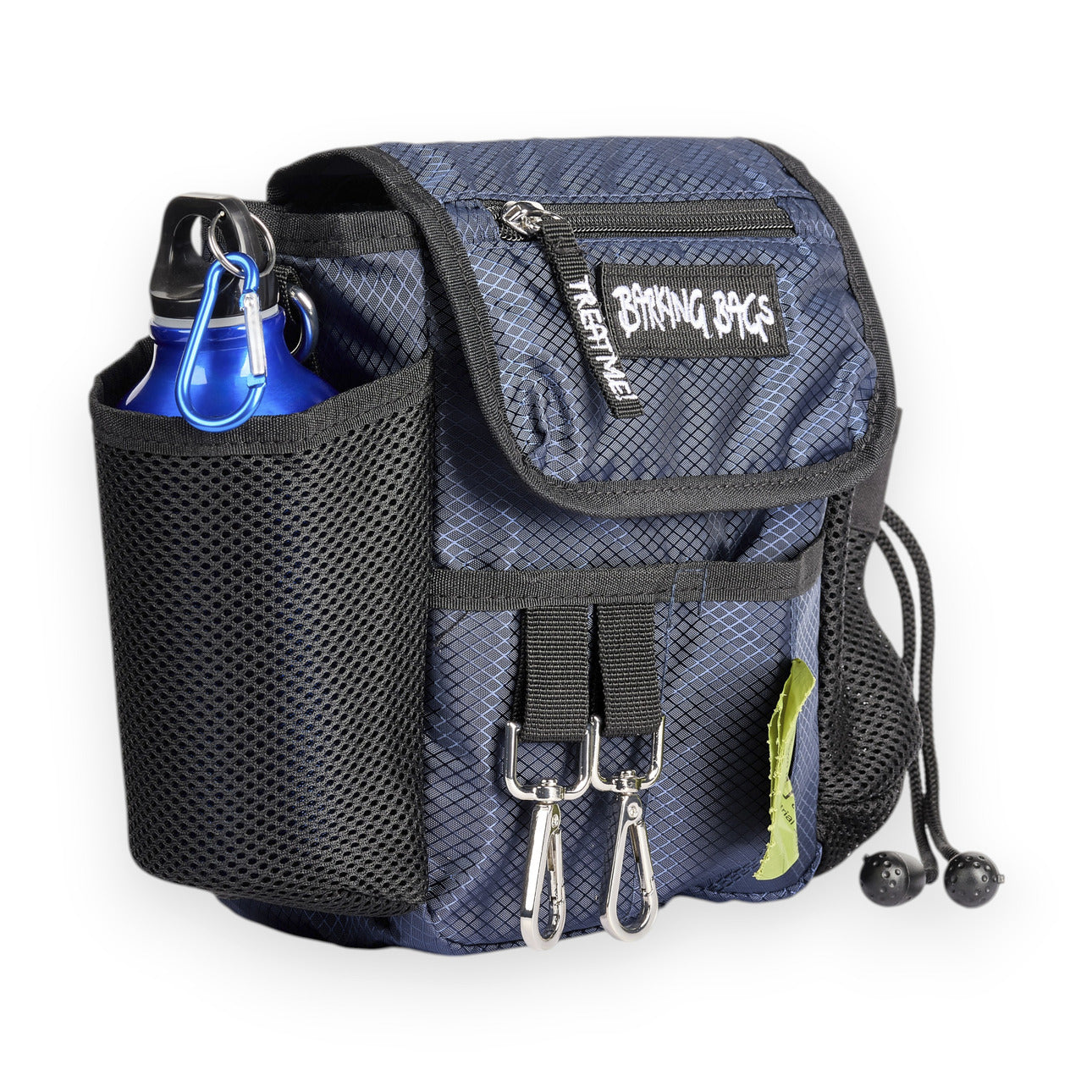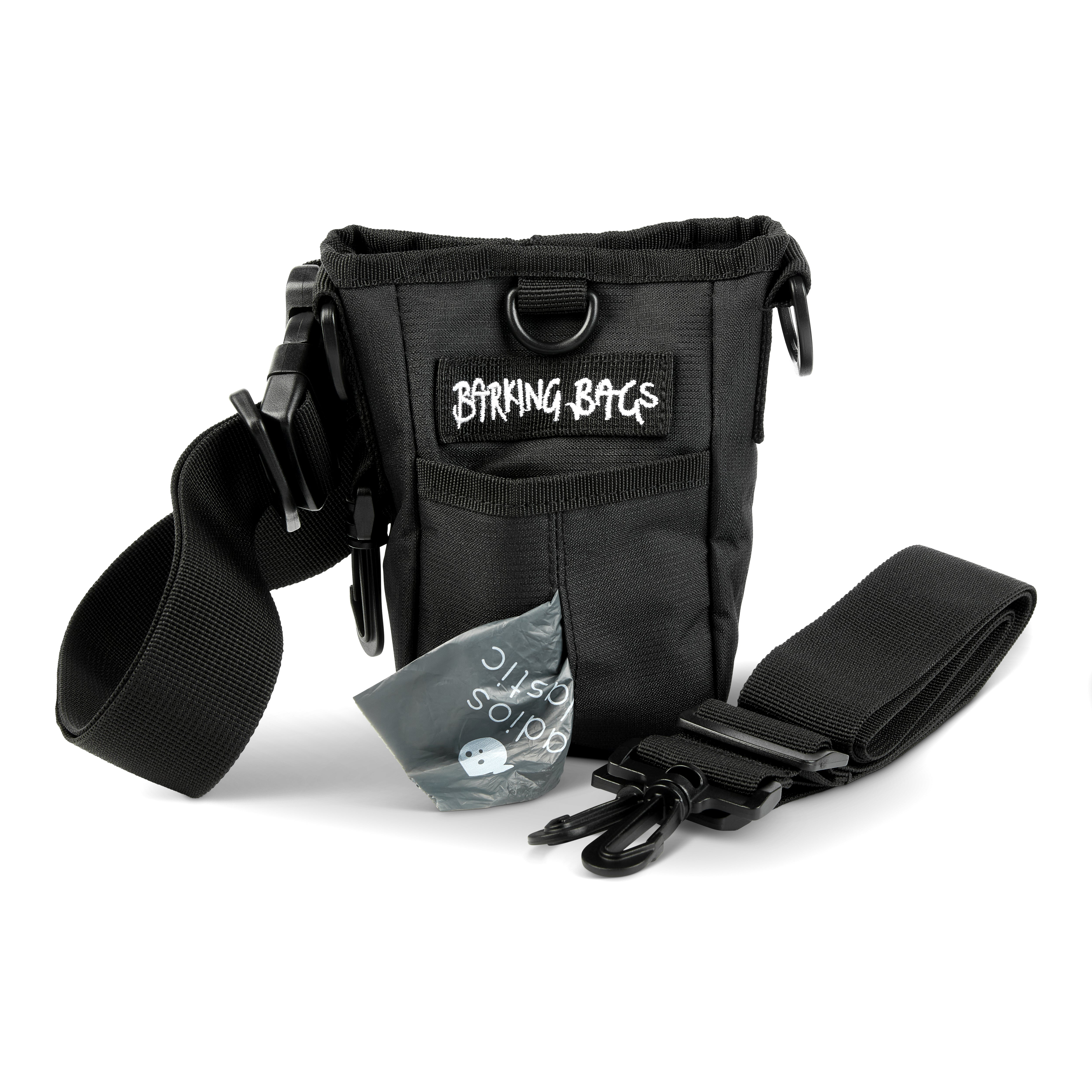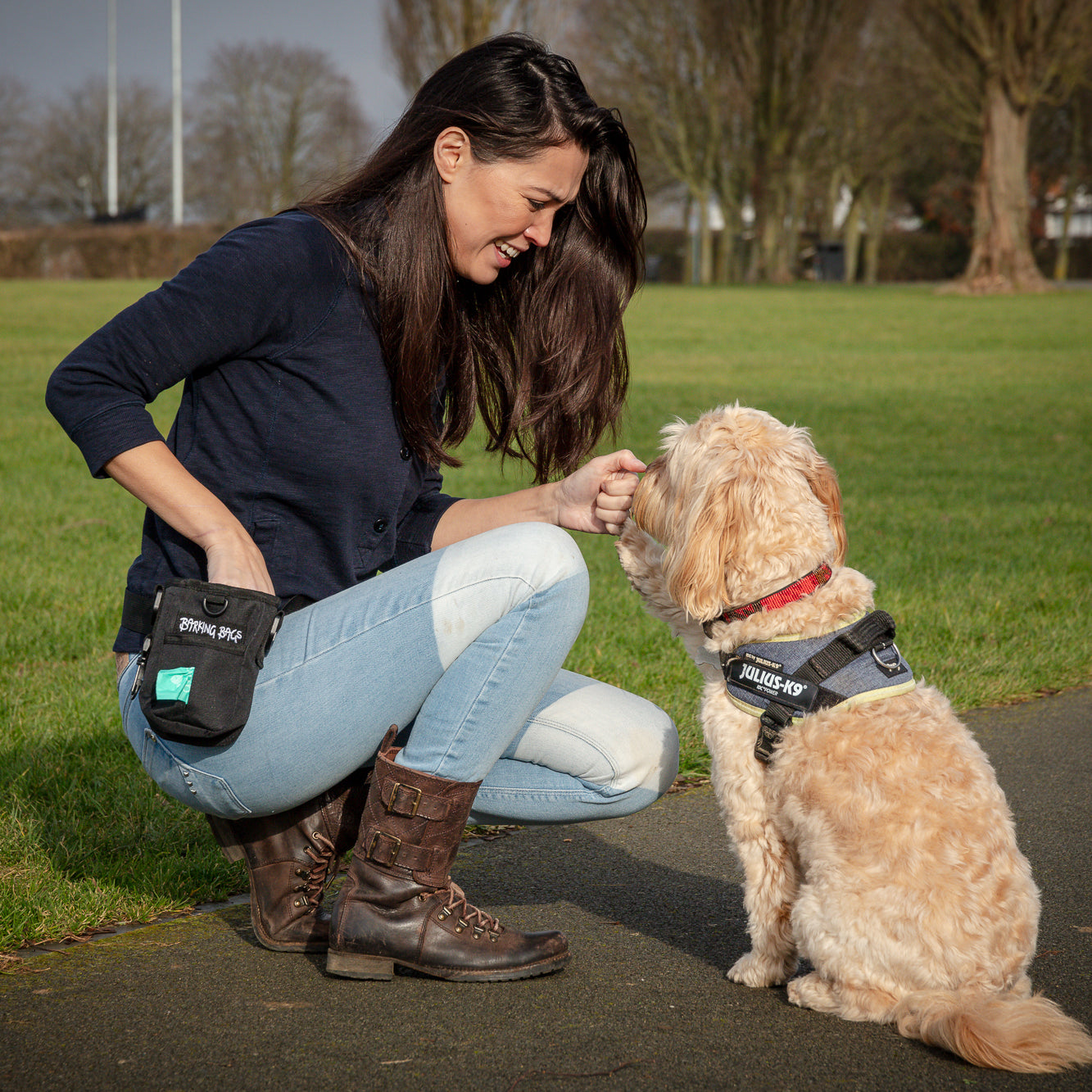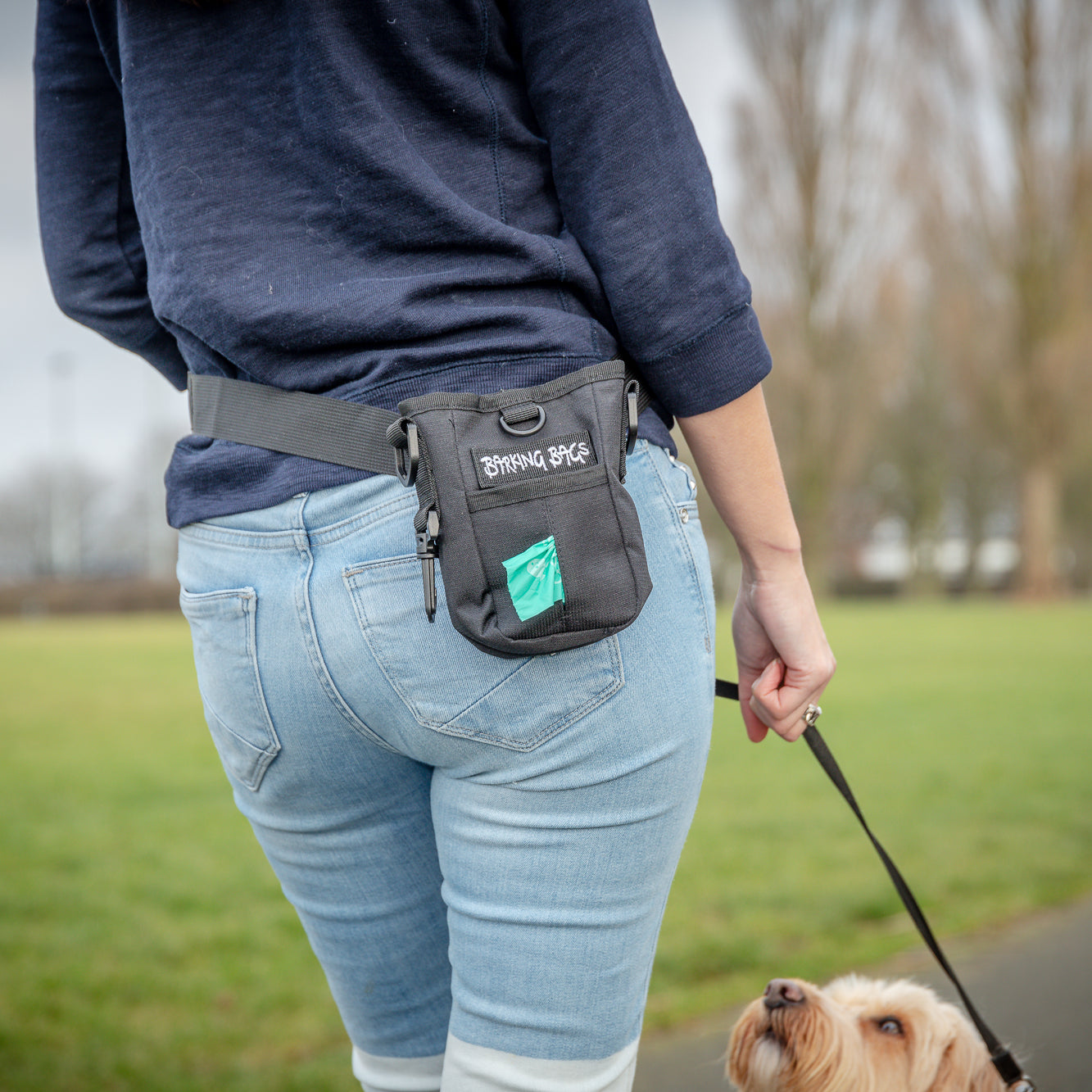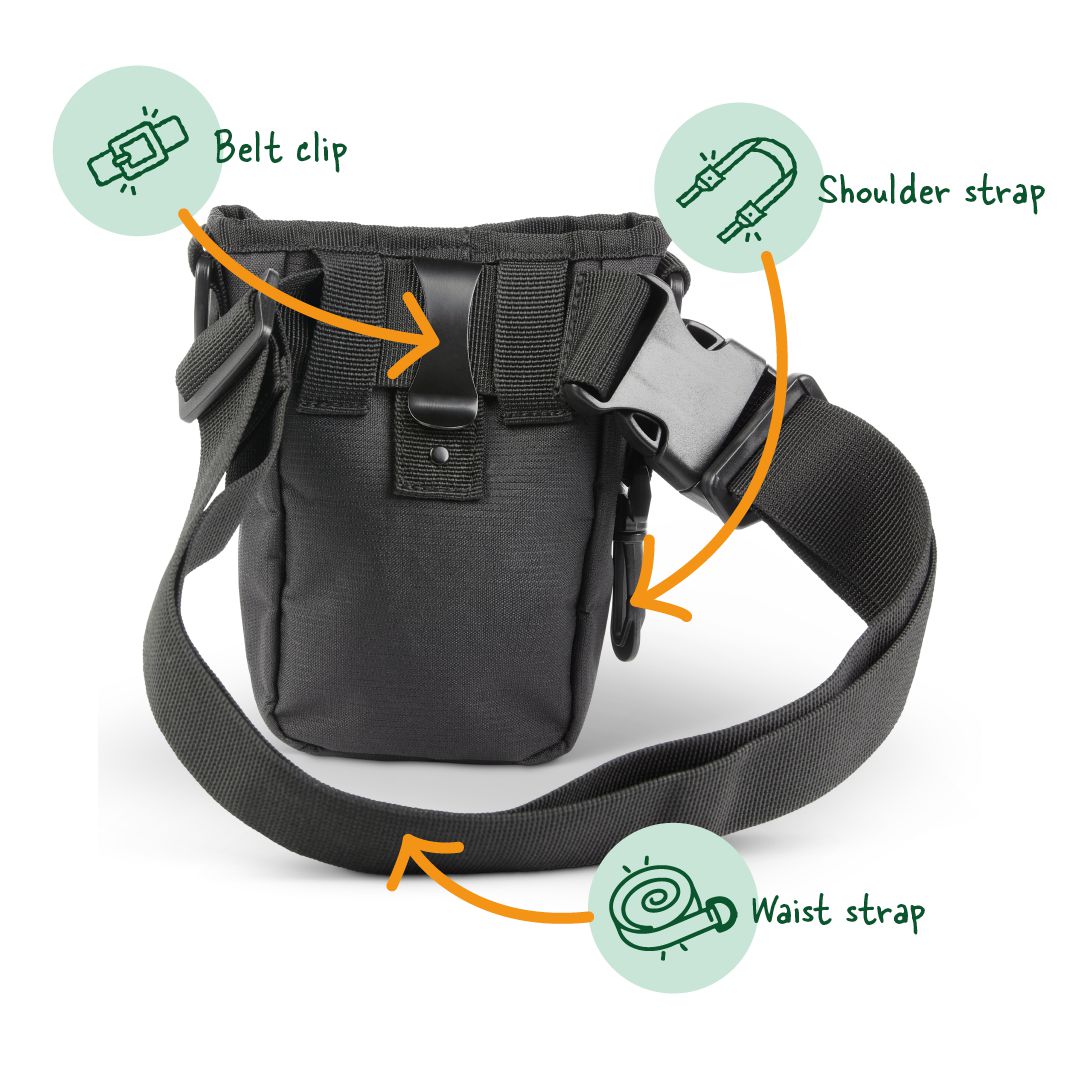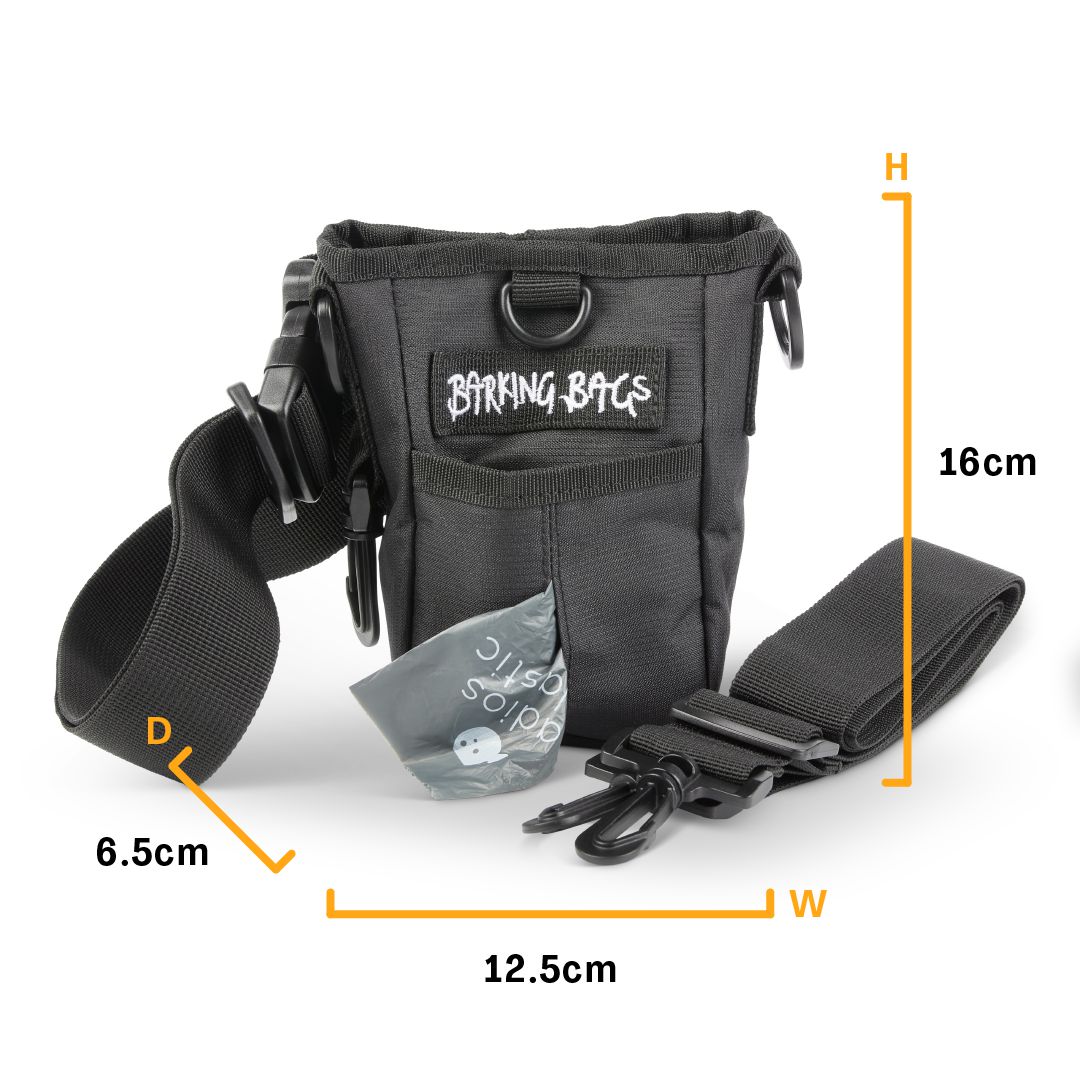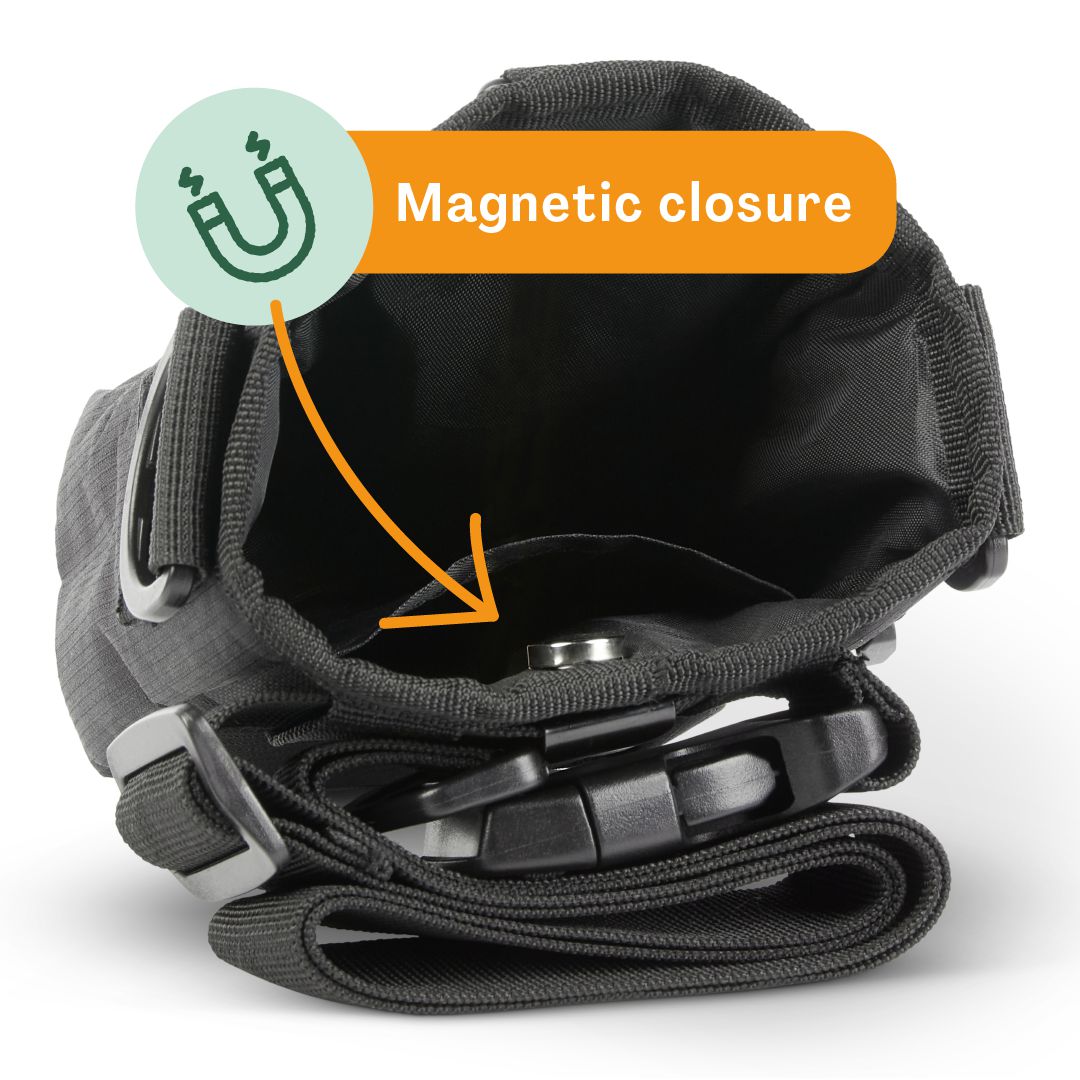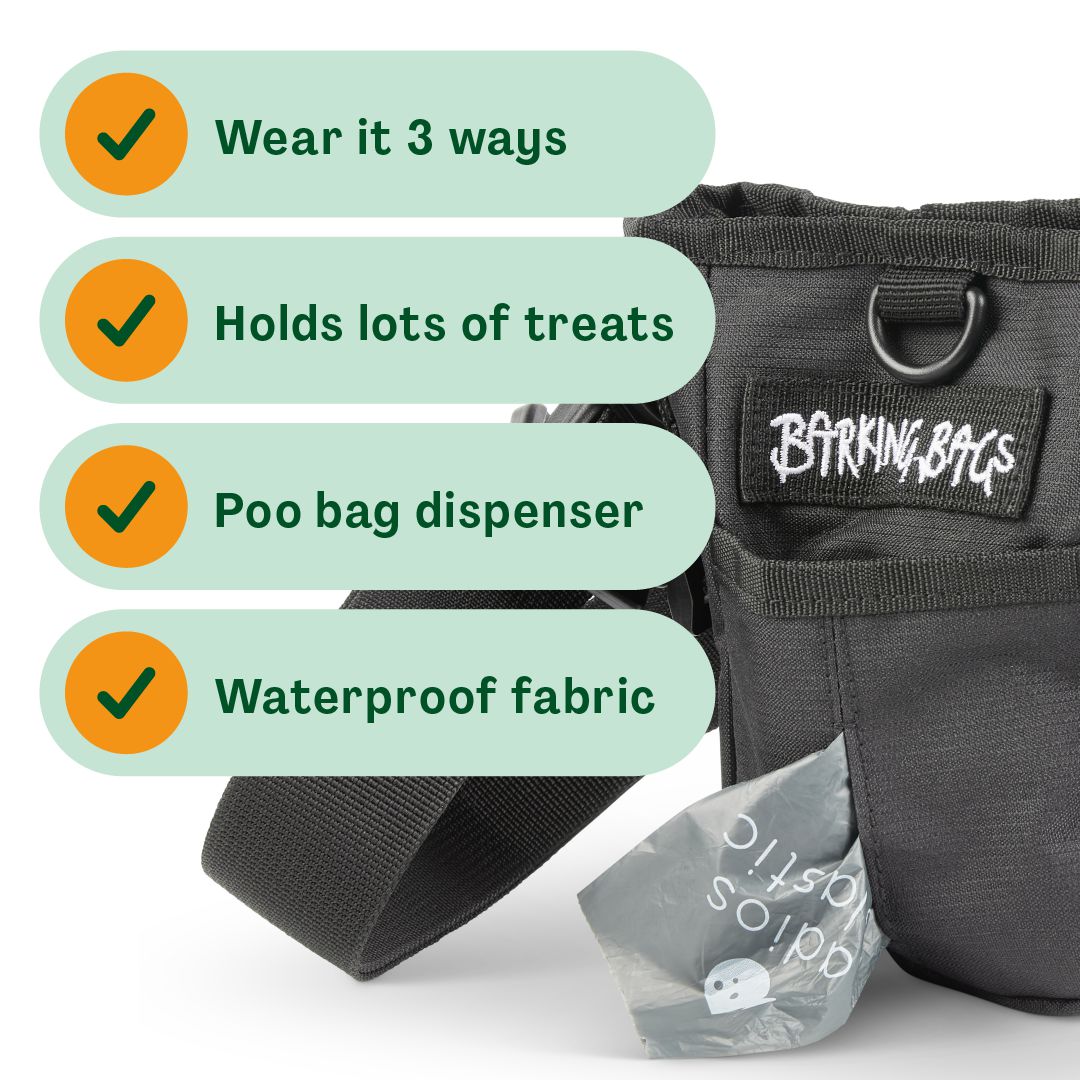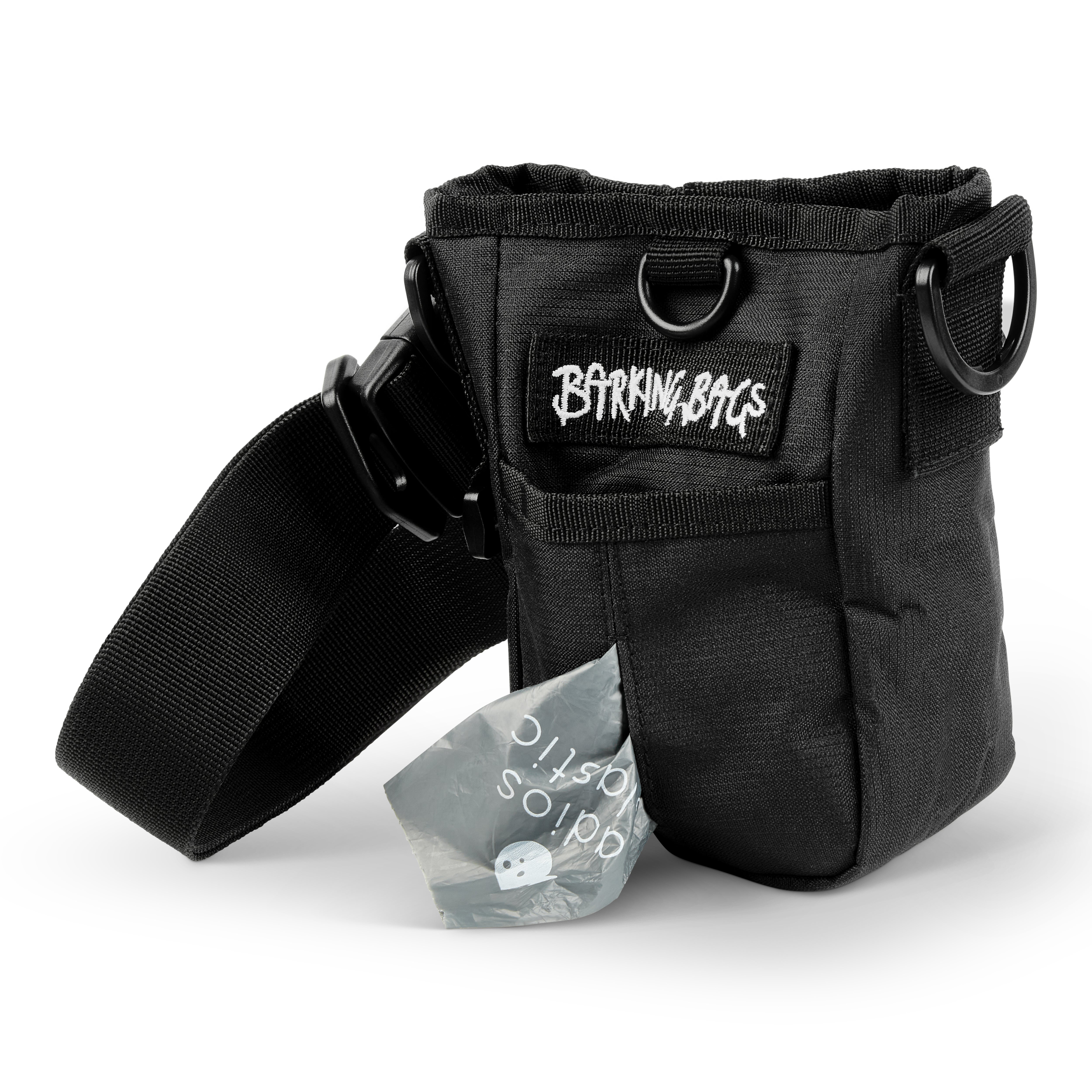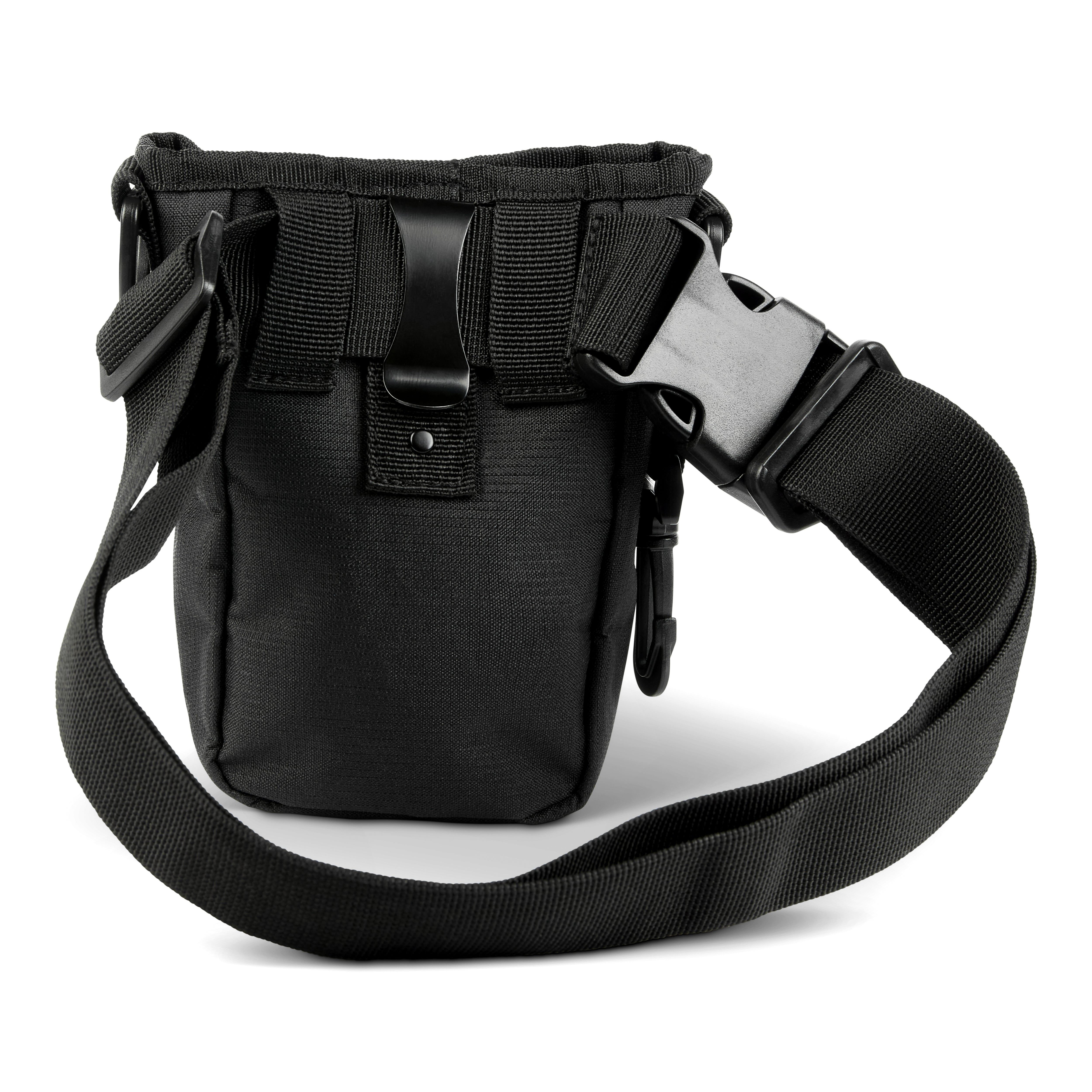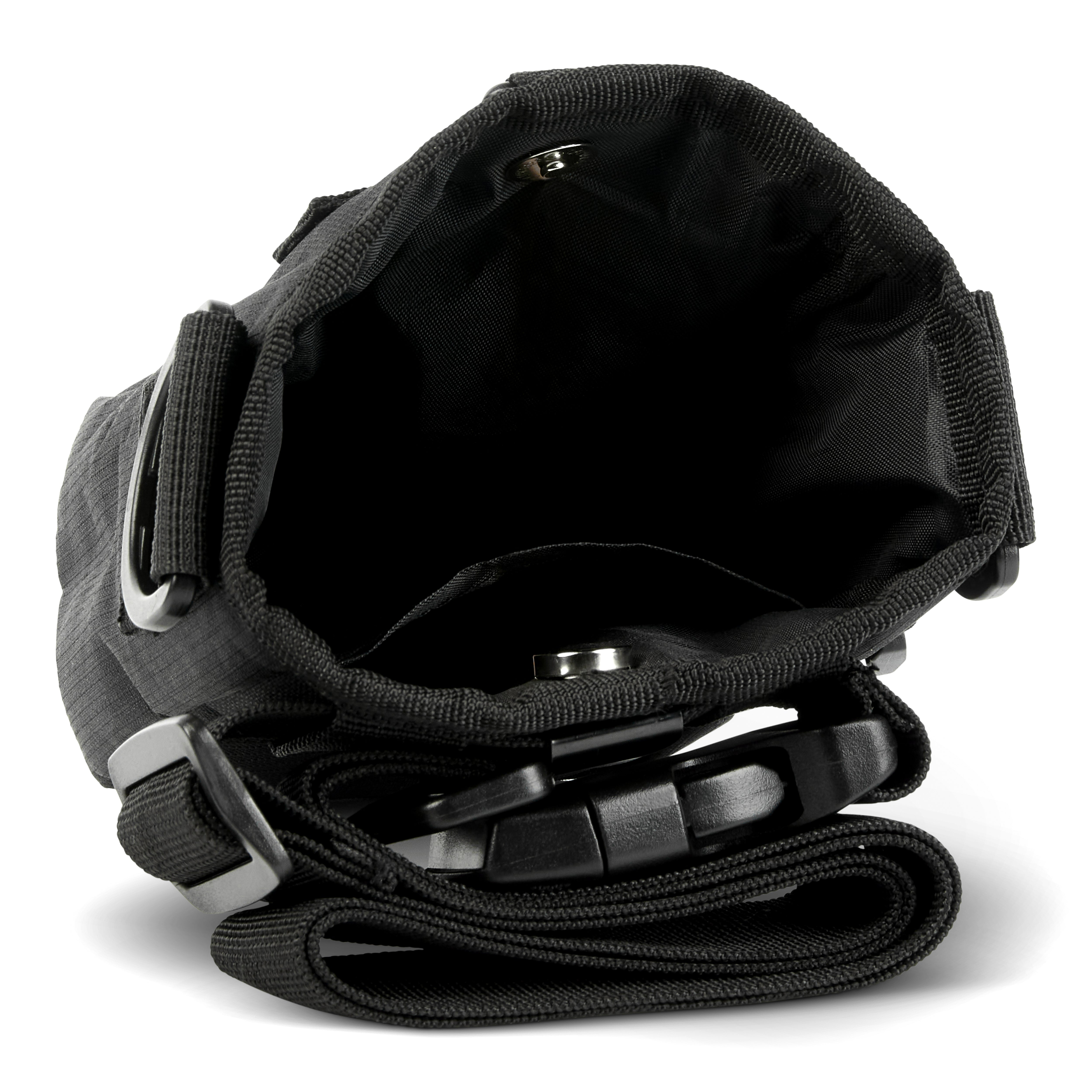
For nearly three decades the UN has been bringing together almost every country on earth for global climate summits called COPs – which stands for ‘Conference of the Parties’.
In that time climate change has gone from being a fringe issue to a global priority.
As this year’s COP draws opens in Egypt everyone will be hoping that pledges will be honored, and the hope is that the summit will result in a truly historic agreement to limit greenhouse gas emissions and tackle the climate emergency.
Sustainability, ecology, carbon reduction, air miles… are all terms we’ve become used to hearing, but where do pet owners feature in the debate and what action can we take to minimise our impact?
Here at Barking Bags, we’re working to create a business we can be proud of.
There’s still much to do but we’re taking steps towards becoming sustainable.
We only promote compostable poo bags, we offset air miles, have worked hard to reduce packaging and only use recyclable plastic and recycled paper.
We know there’s more we can do to satisfy our own ambitions and to meet the needs of our eco-conscious customers.
Do dog owners care about the environment?
People who care for their pets and are prepared to take them out in all weather, embracing the open air and beautiful spaces are surely more likely to care about the world around us and this is backed up by research which found that ‘people who care for a pet are also more likely to feel a connection with the environment’ www.researchgate.ent
If pet owners are generally considered to be consumers with a natural bias towards animals and the natural world, it makes sense that they should also demand more of the retail trade.

Is it possible to be an environmentally friendly dog owner?
Sorry but the answer is probably no! So how can this apparent contradiction between caring for the environment and having a large impact on it, be addressed?
Recently there have been heated debates about the environmental efficacy of our pet-owning habits.
If consumers are making active choices about the foods they eat and the resources they use, it stands to reason that the same questions should be directed at pet ownership – however uncomfortable this is.
Pets bring all manner of pleasures and healing properties to their owners.
They help keep us fit physically and mentally, they provide company to the lonely, and support for those with disabilities; they help detect diseases and drugs, they improve the lives of children with autism and help find people lost or trapped under rubble.
They play a key role in the lives of many of us, but we have to face the fact that they can and do have an impact on the environment.
In a recent editorial The New Scientist, largely agreed that some pets, due to the food they eat, have a surprisingly high "ecological footprint", often hogging the world’s precious resources while people in developing countries go without.
Before we turn our backs on our pets we need to find solutions and there are some simple steps we can take to minimise our impact as pet owners.
Something as simple as selecting foods that are made from chicken and rabbit meat and avoid those containing red meat and fish which, by comparison, have a much higher environmental impact, is an easy first step.
The choices we make about the foods we provide, the accessories and toys we buy, the medications we use, and even the poo bags we choose, can make a very real difference.
In this first eco pet blog we aim to help our customers make greener more sustainable choices, and introduce you to a range of products on the market that are easily available and make a real difference.
Three easy steps
1.Dispose of pet waste responsibly
If you fail to pick up after your pet, you could be harming the Earth and its water supply.
Dog fouling is a major concern, not just because of the mess it causes, but because it can be a health risk. Dog waste can carry bacteria and parasites.
Many deposit roundworm eggs (toxocara canis) in their faeces, which become infectious after about three weeks, and can remain so for up to two years.
A dog, infected with Neospora may leave poo in a field, which, if not picked up by the owner can result in sheep and cattle aborting their young.
Dog waste can also be fatal for horses.
Wildlife Trusts report finding increasing numbers of dog poo bags hanging on trees, dumped in fields and left on gates.
It seems crazy to go to the effort of picking up mess and putting it in a bag only to leave the bag behind.
Dog faeces have a high cereal content and so may smell appealing to horses.
Unfortunately, horses don’t recognise the smell of the plastic and don’t understand that it isn’t part of the poo! Horses have been known to die from ingesting plastic poo bags.
There is a really easy way to help prevent the spread of this … Dog owners, please: Bag it. Bin it.

Picking up after your pet is an important part of pet ownership.
Using compostable poo bags is a great way to reduce your pet’s environmental footprint.
If you’re a pet owner looking for a poo bag that won’t harm the environment – you’ve made a good choice buying a Barking Bag as all our bags come with a free compostable poo bag.
2. Spay or Neuter Your Pets
Neutering is a surgical procedure to prevent your dog from reproducing. In females this is called ‘spaying’ and in males,‘castration’.
Both are done under a general anaesthetic. Neutering provides a range of great benefits for both you and your dog and helps you keep your dog happy and healthy.
Spaying or neutering your pets has another effect as well.
It ensures that no unwanted pets end up in shelters.
Keeping unwanted pets costs money, and the food that shelters buy is usually of the non-sustainable variety.
Overpopulation of any pet can have a significant impact on the natural life cycle, causing negative effects to the ecosystem.
Having your pet spayed or neutered is an important way to ensure that this balance remains intact.
There are campaigns now, sending a simple message to would-be pet owners - Adopt, don’t shop.
3.Purchase environmentally friendly toys and accessories
When browsing the web for pet products like toys and shampoos, you might feel overwhelmed by the tens of thousands of items available.
Interestingly, like human sustainability, pet sustainability begins with smart purchases.
It’s reasonably easy these days to purchase local toys, organic cotton bandanas, natural shampoo and soaps and cleaning products which are kind on the environment.
There are also new locally handmade, contain organic cottons, and are made from recycled materials on the market.
A new company on the block is Sustainapaws.
Founded in June 2021, they endeavour to retail as many sustainable pet products as they can, and their collection is growing, with more ideas in mind to help minimise and neutralise our impact on the planet. Look out for their toys, made from recycled plastic bottles which means that each toy redirects waste from that could otherwise end up in oceans, rivers, lakes and landfills.

Clean Earth, Beco Pets and Petface are also making eco friendly pet toys
Now you and your dog can help remove waste plastic from the environment … one toy at a time!
These company also have organic cotton bandanas, natural shampoo and soaps and cleaning products which are kind on the environment.
What’s the difference between, degradable and compostable bags?
Adios Plastic compostable bags
Put simply, while degradable bags do break down they are normally made from plastic with a chemical additive.
This additive makes it fragment into microplastics which are extremely harmful to the environment.
COMPOSTABLE (and BIODEGRADABLE) bags are often made from plant-based materials such as corn starch which breaks down completely into natural elements (no microplastics).
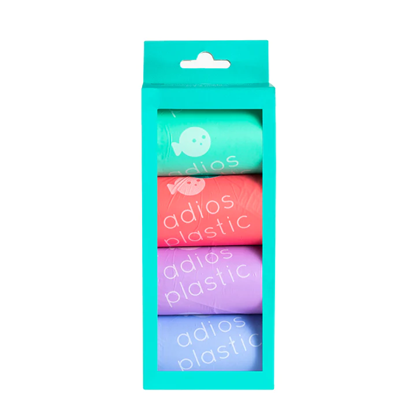
We work with Adios Plastic who provide us with compostable poo bags for sale on our website but there are other companies on the market. The award winning Green Poop bags and Plante Underdog also come highly rated.


